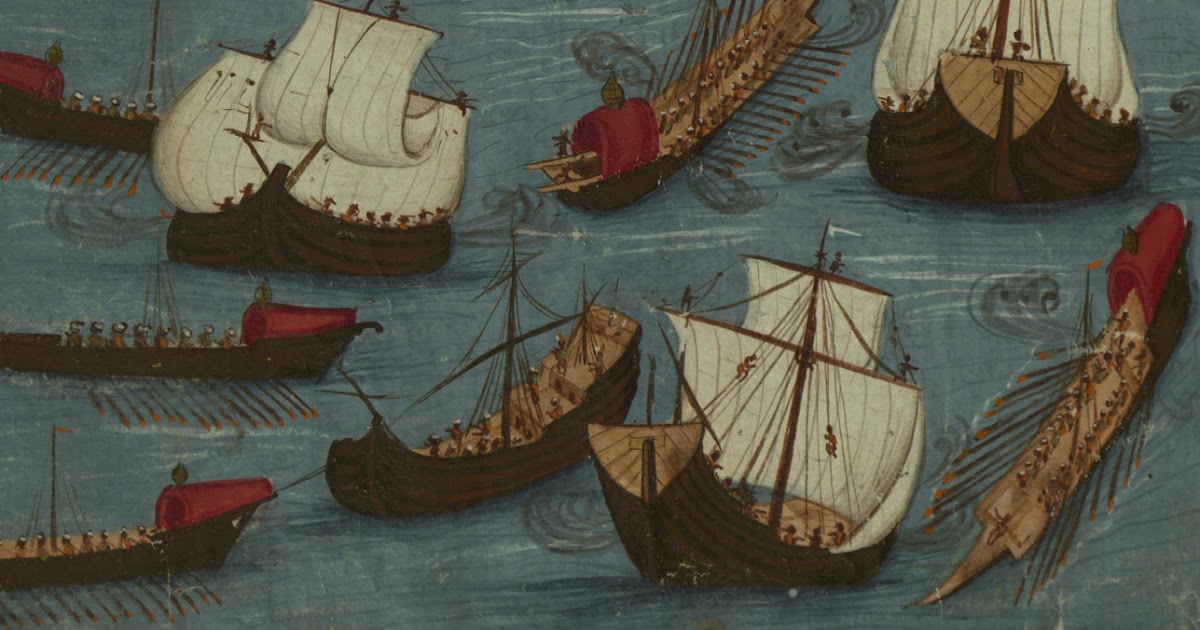
Who hosted episode 499 of the Harvard Islamica Podcast?
Episode 499 with Dana Sajdi & Chris Gratien hosted by Meryum Kazmi and Harry Bastermajian In this collaboration between the Harvard Islamica Podcast and the Ottoman History Podcast, we …
What made Osman special?
He would spend more than a decade as a captive in Austria. Many people of his time had similar stories. What made Osman special was that he left behind a rare autobiographical account of his experiences and exploits. In our conversation with Giancarlo Casale about his translation of Osman’s memoir entitled Prisoner of the Infidels, we’ll explore the similarities among experiences of enslavement in the Ottoman and Habsburg lands and learn how Osman positioned himself as a linguistic and later diplomatic go-between. And through the life of Osman, his account of his own efforts to return to the Ottoman Empire, and the momentous events he witnessed, we will reflect on his autobiography as a work of literature and the messages contained within it. « Click for More »
Who hosted Rudi Lindner?
with Rudi Lindner hosted by Joshua White & Maryam Patton | Among the most murky periods of the Ottoman dynasty's six-century history is the period of its very emergence in medieval Anatolia. In this episode, we talk to Rudi Lindner about his attempts to understand this early period of Ottoman history and the development of hypotheses and methods concerning the investigation of Ottoman origins over the past century of scholarship. We also reflect on what decades of research and teaching have taught Lindner about sources for history and the questions they require us to ask. « Click for More »
Who hosted Laura Robson?
with Laura Robson hosted by Sam Dolbee and Deren Ertaş | Depictions of the Middle East as a space of timeless violence pervade media, popular culture, and scholarship. In The Politics of Mass Violence in the Middle East, Laura Robson offers a rejoinder to such misconceptions while providing a historical explanation of these distinctly modern forms of violence in greater Syria and Iraq, also known as the Mashriq. In this episode, we discuss how a new kind of territoriality in the late nineteenth century combined with imperialist interventions to transform violence into a way of making political claims through the twentieth century and up to the present across the region. We additionally talk about historical research and writing more generally, and how Robson’s past as a trained pianist has shaped her work. « Click for More »
Why do we know so little about the Ottoman Empire?
We in the United States know very little about the Ottoman Empire because our history courses do a bad job of covering parts of the world outside of Europe and North America. But there are good reasons to learn about the Ottomans. They ruled for six hundred years, a superpower on three continents. A diverse and multiethnic empire, they were noted ...
Who said "the sick man of Europe"?
Matthew Hayes. For most of us, our knowledge of the Ottoman Empire can be summed up to two things: padded footstools and the phrase "the sick man of Europe". We in the United States know very little about the Ottoman Empire because our history courses do a bad job of covering parts of the world outside of Europe and North America.
How old was Mehmed II when he took the throne?
As Mehmed II took the throne at the tender age of eighteen, he knew he had to prove to all those dusty old men at court that he was worthy of the position. So he made a simple plan: conquer …
What is global history podcast?
The Global History Podcast is an educational show designed for students, teachers, and anyone interested in the early modern world. We are dedicated to sharing histories both early modern and global, from approximately the 16th to the early 19th centuries.
Why do we know so little about the Ottoman Empire?
We in the United States know very little about the Ottoman Empire because our history courses do a bad job of covering parts of the world outside of Europe and North America. But there are good reasons to learn about the Ottomans. They ruled for six hundred years, a superpower on three continents.
What is the Middle Ages?
Intended for children 11 to 14 years old, The Story of the Middle Ages relates a little known period of history in an interesting and entertaining way. The author terms the Middle Ages as that period in the history of Europe between the fifth and fifteenth centuries. Its beginning is marked by the decline and fall of the mighty Roman Empire and its end is generally thought to be the dawn of the Renaissance or the Age of Discovery. The Middle Ages are also divided by historians into the Early ...
What is a podcast about Russia?
A podcast on the history of Russia, told from the perspective of someone learning and studying events from a variety of sources on a weekly basis, and then informing you, the listener, on what they've learnt this week.
What is the mission of Lost Islamic History?
Lost Islamic History’s mission is to educate all people, regardless of religious affiliation about the story of Muslims of the past. Great feats have been achieved by Muslims throughout the world.
